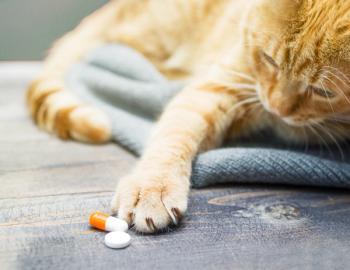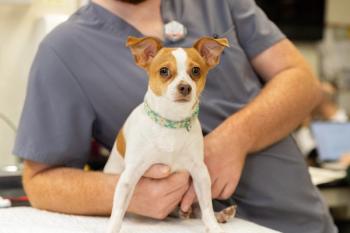
WSAVA offers guidance about pets and the coronavirus outbreak
The advisory document provides veterinarians with answers to questions they may receive from clients about this potentially deadly viral infection.
The coronavirus outbreak that originated in China in late December has caused great concern throughout the world—with reports of animals being abandoned or killed because their owners fear they might carry the virus—and many questions about the virus’s spread among people and animals remain unanswered.
To help veterinary professionals answer questions from clients about the virus, initially named 2019-nCoV and now known as
Coronaviruses are a large family of viruses that can be found in both animals and humans, but each type is different. According to
Much about COVID-2019 remains unknown, said WSAVA President Shane Ryan, BVSc (Hons), MVS, CVA, GradDipAnimChiro, MChiroSc, MRCVS, in a
To help ease fear and confusion among pet owners, WSAVA calls on veterinarians to urge pet owners not to panic and to reiterate that it is highly unlikely that COVID-19 will be transmitted through their pet.
WSAVA One Health Committee Chair Michael Lappin, DVM, recommends that veterinarian offer clients this advice:
- Keep your pet with you if you are self-quarantined.
- Always keep cats indoors.
- If family or friends become hospitalized due to COVID-19 infection, arrange for pets to be cared for outside the home.
- Contact your veterinarian at any time if you have questions or concerns.
WSAVA also notes that veterinarians should not use vaccines against canine enteric coronavirus, which are available in some global markets, as there is no evidence that these offer cross-protection against COVID-2019.
Veterinarians can
“We urge our members to ensure owners follow our guidance and keep themselves and their companion animals safe,” Dr. Ryan said.
Newsletter
From exam room tips to practice management insights, get trusted veterinary news delivered straight to your inbox—subscribe to dvm360.





